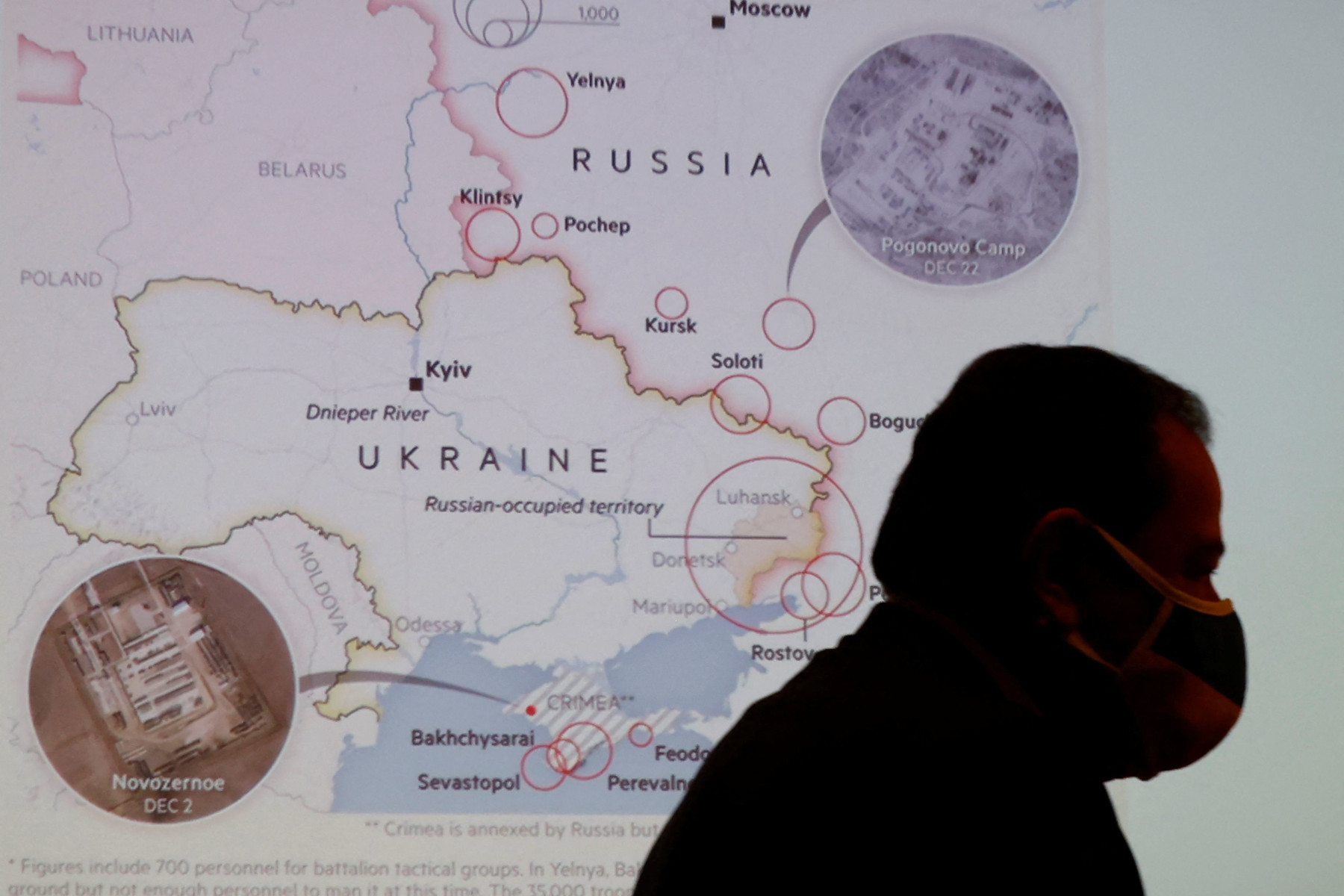As rumors swirl about a potential ceasefire deal between Russia and Ukraine brokered by former President Donald Trump, skepticism is growing on both sides of the aisle—and among national security observers. In an interview on Chicago’s Morning Answer, National Review senior writer Noah Rothman voiced concern that the current contours of the proposed peace plan appear to favor Russia while undermining American and European interests.
Rothman warned that the Trump-aligned peace proposal, if reports are accurate, places minimal demands on the Kremlin while pressuring Ukraine to accept significant territorial and political concessions.
A “Soft Deal” for Moscow
According to Rothman, the rumored framework would not require Russia to withdraw from key Ukrainian provinces it illegally annexed in 2022. Instead, Russia would only have to pull back from a small strip of land in the Khiv region—not even part of the four territories at the center of the war. Meanwhile, Ukraine would be asked to formally relinquish claims to Crimea and accept de facto Russian control over other occupied regions.
“This is a real change in American foreign policy,” Rothman said, noting that the United States never recognized Soviet control of the Baltic states during the Cold War. “Now we’re talking about acknowledging illegal Russian sovereignty over Ukrainian territory.”
The plan, as reported in multiple outlets including Politico, Axios, and the Financial Times, would also involve lifting sanctions on certain Russian energy assets—a long-time goal of the Kremlin.
Carrots Without Sticks
While Trump claims to be applying pressure behind the scenes, Rothman questioned the logic of negotiating from such a publicly pliable position.
“You might as well be wearing a sandwich board that says, ‘We’ll take any deal,’” he said. “When you act like that, you don’t get a deal—you get taken.”
Rothman pointed out that the deal reportedly lacks any provisions for reparations, return of Ukrainian children abducted by Russian forces, or justice for victims of war crimes. “This is essentially a ceasefire to negotiate future terms,” he said. “And future terms are not likely to be better than they are now.”
What Leverage?
Trump has remained vague about the specific pressure he claims to be placing on Russia. When asked directly at a recent press conference, he offered only: “We’re putting a lot of pressure on Russia. You don’t know what pressure I’m putting on them.”
But Rothman noted that the only meaningful leverage would come from credible threats of increased military aid to Ukraine—something neither the Trump nor Biden administrations have shown much appetite for.
“If we were dangling the threat of ramping up arms shipments or deploying resources, that might change Moscow’s calculations,” Rothman said. “But we’re not even doing that. So where’s the pressure?”
A Divided West?
Rothman also criticized the Biden administration for sending mixed signals—on one hand, calling for European allies to take greater ownership of the war, while on the other, reportedly discouraging them from doing so if it complicates negotiations.
“That’s not a coherent strategy,” he said. “It looks like we want a favorable outcome for Russia and are leaning on our allies to make it happen.”
He warned that withdrawing U.S. leadership could drive Europe toward its own, potentially weaker foreign policy approach—one that might be more accommodating to Moscow in the long run.
“We didn’t want a Europe with an independent foreign policy,” Rothman said. “We wanted a Europe that shared and executed our foreign policy.”
Battlefield Realities
While many in the West perceive a stalemate, Rothman stressed that the battlefield in Ukraine remains fluid. Russia is increasingly relying on foreign fighters and launching new offensives, while Ukraine still has opportunities to make strategic gains—if properly supported.
“Both sides think they can still win on the battlefield. That’s not a condition for a ceasefire,” he said. “But if the U.S. and Europe fully committed to Ukraine’s success, we could shape the endgame in our favor.”
Instead, Rothman fears the proposed deal simply freezes the conflict in place, locking Ukraine into a rolling, low-level war and pushing NATO allies closer to the frontlines in response.
“That’s not peace,” he said. “It’s a ticking time bomb.”
What Comes Next?
While Rothman acknowledged that a negotiated settlement is the likely outcome, he cautioned that the groundwork needs to be laid properly—with strength, not desperation.
“If we want a real, durable peace, we need to change the facts on the ground,” he said. “That means more leverage, not less. Right now, this deal looks like appeasement, not diplomacy.”
As President Trump and his team continue to deny reports of key concessions, Rothman urged policymakers and the public alike to watch the details closely.
“Those of us who follow this closely aren’t guessing,” he said. “We’re reading what’s being reported and asking why no one seems to be refuting the substance.”
Noah Rothman is the author of The Rise of the New Puritans: Fighting Back Against Progressives’ War on Fun and a senior writer for National Review.





